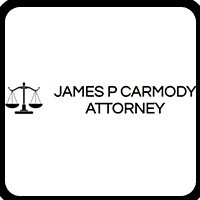Wytheville Credit & Debt Lawyer, Virginia
Not enough matches for Wytheville Credit & Debt lawyer.
Below are all Wytheville Bankruptcy & Debt lawyers.
James P Carmody
✓ VERIFIEDBankruptcy, Family Law, Credit & Debt
Since 1976, Mr. Carmody has provided outstanding legal services for bankruptcy, divorce, custody issues, and adoption proceedings to clients in the gr... (more)
Thomas M Jackson Jr.
Criminal, Traffic, Family Law, Credit & Debt, Motor Vehicle
Status: In Good Standing
Bradley Gray Dalton
Lawsuit & Dispute, Divorce & Family Law, Bankruptcy & Debt
Status: In Good Standing
Byron Ross Shankman
Criminal, Civil & Human Rights, Bankruptcy, Bankruptcy & Debt
Status: In Good Standing
Dwight Edward Compton
Education, Real Estate, Motor Vehicle, Lawsuit & Dispute, Collection
Status: In Good Standing
Franklin Peter Slavin
Real Estate, Divorce & Family Law, Criminal, Bankruptcy & Debt
Status: In Good Standing


